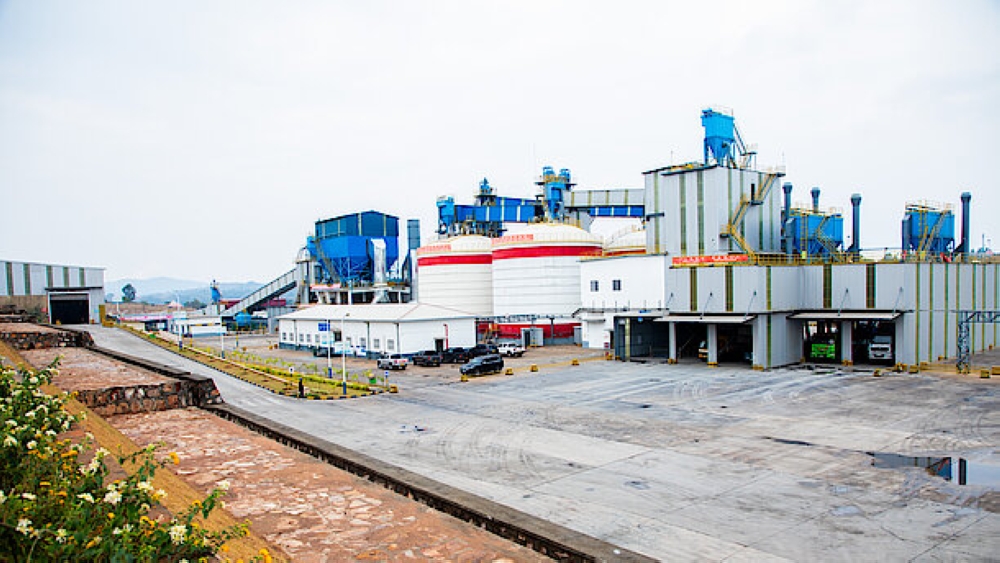It always fascinates me to think about how the same news story, is packaged and perceived by different producers and audiences respectively. These differences in packaging and perception of news also seem to always take on a geographical or racist hue depending on how you look at it.


It always fascinates me to think about how the same news story, is packaged and perceived by different producers and audiences respectively. These differences in packaging and perception of news also seem to always take on a geographical or racist hue depending on how you look at it. At one point, the Atlanta based media giant CNN seemed to have the last word on how the stories of the US military adventures, particularly the Gulf War in Iraq were to be told. Later on, Qatar based Al Jazeera was giving them a run for their money on most Arab stories in Iraq, Afghanistan, and the wider Middle East. It is now becoming more obvious that the Al Jazeera, that some thought to be very independent is actually just an arm of Qatar’s foreign policy. Its pro-activist coverage of the Libyan and Syrian conflicts as opposed to its restrained coverage of the Bahrain protests is a good pointer of this. To counter these global centres of news production, the Russians now have Russia Today, the French have France24 while the Chinese have CCTV plus the good old BBC is still doing what it does best. Unfortunately, Africa does not seem to have a media platform of equal measure to tell the African story as it really is. To make things worse, most of our so called top journalists have had their training in the prestigious journalism schools in the UK and US, and most likely been taught to conform to the western narrative than anything else. All this has left us with endless battles to challenge being described and perceived through the Western world’s lenses. In 1994, the world’s fastest genocide happened in Rwanda against the Tutsi claiming more than a million lives. According to the west it was another "African” civil war. In the US the debate was not about how to stop it but how not to call it genocide. Rwanda has since moved on to become an example of tremendous recovery especially as far as good governance is concerned, but still, most of what appears in the Western press are the negative stories. It is almost an unwritten rule that each story about Rwanda should say something about ‘a tiny central African republic’. The other day UK’s Daily Mail reported that a film producer had been "poisoned to death by a gang in Africa that was trying to rob him.” The real story was that the fellow overdosed on cocaine in his hotel room. When Uganda President Yoweri Museveni went to UK for the conference on Somalia, his visit to the BBC studios resulted in him having to answer more about gay rights than the peace efforts in Somalia. When a grenade went off at a bus terminal in Machakos in Kenya, CNN thought it wise to run a huge banner screaming Violence in Kenya. This sparked anger among the Kenyans on Twitter who called for an apology from CNN for wrongly depicting their country as being in a state of violence after a single terrorist incident. The biggest news in the region has actually been that of the short video by an American group calling themselves Invisible Children whose goal is ‘to make Joseph Kony famous so that he can be captured.’ The video dubbed "Kony2012” has notched records after recording more than 100million views on YouTube. So many people have written commentaries about this video arguing that it is opening old wounds, not representative of current situations now that Kony has not been in Uganda for over six years and that it is just a marketing stunt for another NGO trying to collect money to fund their luxurious lifestyles. I am really baffled by how making a criminal (who by the way is wanted by the ICC) famous is supposed to work. As the Western world deals with the fame of Kim Kardashian, Beyoncé and Lady Gaga, here in East Africa it is Joseph Kony and Idi Amin whose stories deserve YouTube fame and T-shirts or award winning Hollywood remakes. No one is interested in our good stories of giving M-pesa to the world or Rwanda’s recovery. What I know now, is that as a Ugandan, I am more likely to spend more time explaining topics like Idi Amin, anti-gay rights issues and who Joseph Kony is than suggesting the nice places to visit in Uganda.




